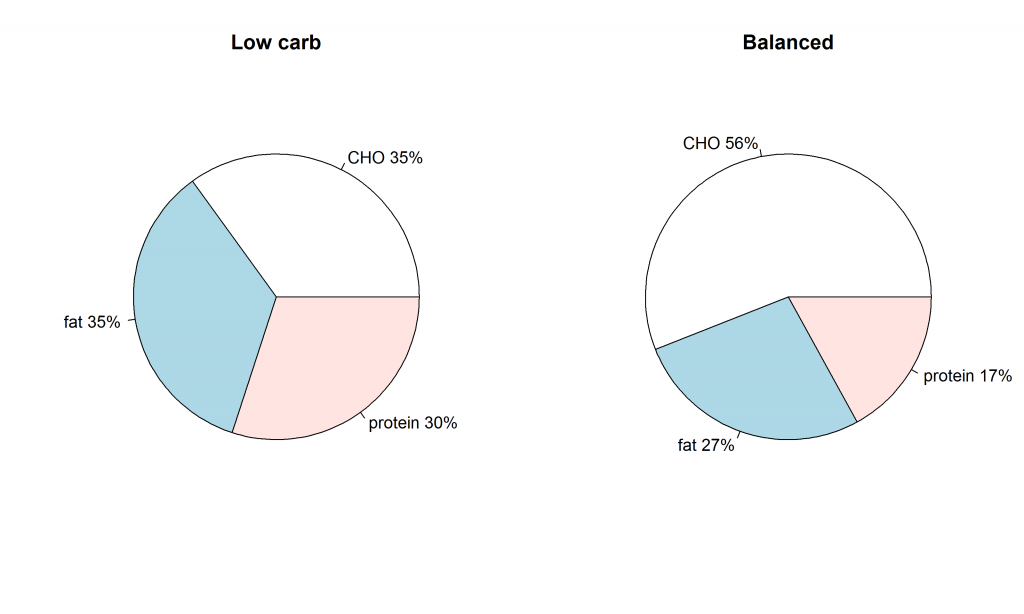Science is a human endeavor and as such prone to errors. Therefore the peer review process, which is the check of scientific methods and results by scientific peers prior to or after their publication, plays an important role in scientific knowledge generation. Most journals still apply the pre-publication review principle, meaning that a paper only gets published after careful checking and acceptance by one or more reviewers.
A 2014 meta-analysis on the effects of low carbohydrate diets on weight loss seems to provide an alarming example of the failure of the pre-publication peer review process. In this study led by Celeste Naude from the Stellenbosch University of Cape Town, South Africa, the authors concluded [1]: “There is probably little or no difference in weight loss and changes in cardiovascular risk factors up to two years of follow-up when overweight and obese adults, with or without type 2 diabetes, are randomised to low CHO diets and isoenergetic balanced weight loss diets.” This result apparently received large media coverage, particularly in South Africa, with headlines and comments claiming a “debunking” of low carbohydrate diets and even warnings against their usage. While this already shows the strong bias against the low carbohydrate approach in the media, a re-examination of the original data by Zoe Harcombe and Tim Noakes now reveals so many errors and mistakes in the meta-analysis that one has to seriously consider the possibility that the errors were made on purpose to achieve at least an even result between the low carbohydrate and “balanced” diets [2].

For me putty download , the probability that Naude et al. [1] happened to make these serious mistakes unintentionally is very small, since they almost exclusively contributed to a disadvantage of the low carb diets. According to Harcombe and Noakes, many of these authors were also known for publicly opposing lower or low carb diets. Thus, there were probably serious conflicts of interest involved in conduction the meta-analysis, producing another example of scientific “waste”. The bad thing is that such waste managed to survive the peer review process that should have detected it and cleaned it up. Even worse, the wrong result stimulated a totally overdrawn media response that could have misinformed laypersons about the possible benefits of low carb diets. The good thing is that Harcombe and Noakes discovered these errors. Of course, they were probably driven by their own interests and beliefs, but personal opinions and beliefs belong to any human scientist and are not bad per se as long as they are honestly acknowledged or tried to be avoided in the scientific methodology. Even if the media probably will not correct their former misinformation – at least science seems able to correct itself.
References:
[1] Naude CE, Schoonees A, Senekal M, Young T, Garner P, Volmink J. Low carbohydrate versus isoenergetic balanced diets for reducing weight and cardiovascular risk: A systematic review and meta-analysis. PLoS One 2014;9:e100652.
[2] Harcombe Z, Noakes T. The universities of Stellenbosch/Cape Town low- carbohydrate diet review: Mistake or mischief? South African Med J 2016;106:1179–82.